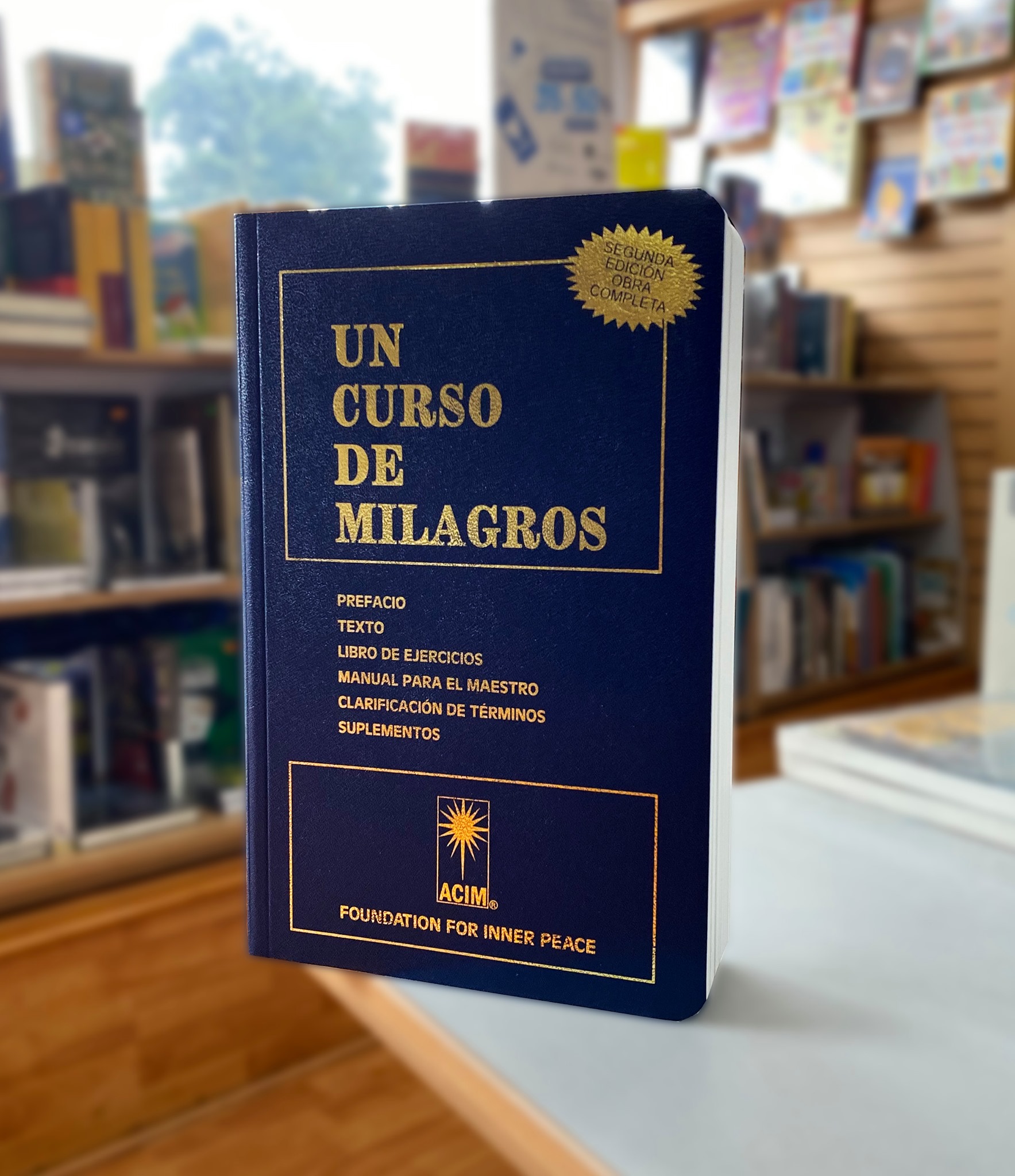Education is a slow process. There can be no shortcuts to a true and valued education. The acquisition of knowledge is not something to be confused with ucdm. Factual learning and the development of knowledge-based learning is relevant in the process of acquiring an education, but this is merely a step in a process that never ends. The pursuit of knowledge and the acquisition of knowledge can at times be more ornamental than anything else, yet oftentimes is still coined, or regarded, as education.
True education extends far beyond the acquisition of knowledge, and is more than vocational training or preparation. Much of modern day forms of advanced education are vocational training that is essentially more or less preparation to qualify a student for entry into a particular career field. This too is oftentimes regarded as education, however, true education, similar to the acquisition of knowledge, is much more than this.
The acquisition of professional or vocational training through institutions of higher learning is driven by the desire or intent to “succeed” in modern society through means of professional advancement and accomplishment. Material effects, tangible results, numbers, and power, however, determine such advances, and forms of professional success. An education that concentrates emphasis on such outcomes, or is in such a way goal orientated, is not in line with what might be referred to as a traditional or classical form of education.
Modern education is easily compared to a business whereby the objective is to teach efficiency according to the capitalist code of social function. In this sense education is being used as a means to a certain end, rather than according to the more classical and traditional intention of aiding an individual in personal development and human growth intended to discipline the mind and ennoble the spirit.
What is typically considered to be education by modern standards is more often than not that which is geared toward success and profit, which translates into social image and status, which is then used to convert social groups into a certain form of belief system. This is not the true definition of education. This is formalized training. Compared to classical subjects such as philosophy, the study of science, medicine, and most recently trade and commerce, or business, as education are relatively new forms of what are commonly accepted as education.
True education, however, transcends all categories and subject areas that are taught, practiced, or trained. It is a way of life. It is an approach to living; a way of thinking and operating that comes from a slow maturation over time. As there are no short cuts in education, it is not so much what you have studied, and what you have learned, so much as it is what your studying and learning has taught you about yourself, life, the human condition, and moral values.
What in modern society is today considered formal education should, ideally, only be considered an introduction to a person’s true education. The pursuit of understanding and the continued application of what one has learned in his or her own life and mode of living are a form of true education. It is something that if continued throughout one’s life carries the potential to yield the most precious results that are to be offered from the pursuit of education itself.
True education is a combination of how a person approaches life, lives their life, values their life, and learns from their life’s experience. Knowledge can be deceiving. True education must involve a form of self-mastery, whereby there exists a result that impacts behavior. The pursuit of knowledge may often be ego-driven, and a side effect of vanity. Knowledge or professional training, regardless of the field, do not necessarily equal education. Education is more a form of behavioral reform that arises from introspection, self-analysis, and understanding, which can only truly take place slowly, over the span of an entire lifetime.
